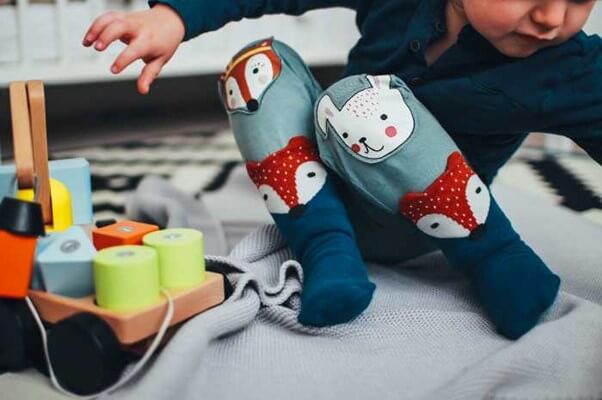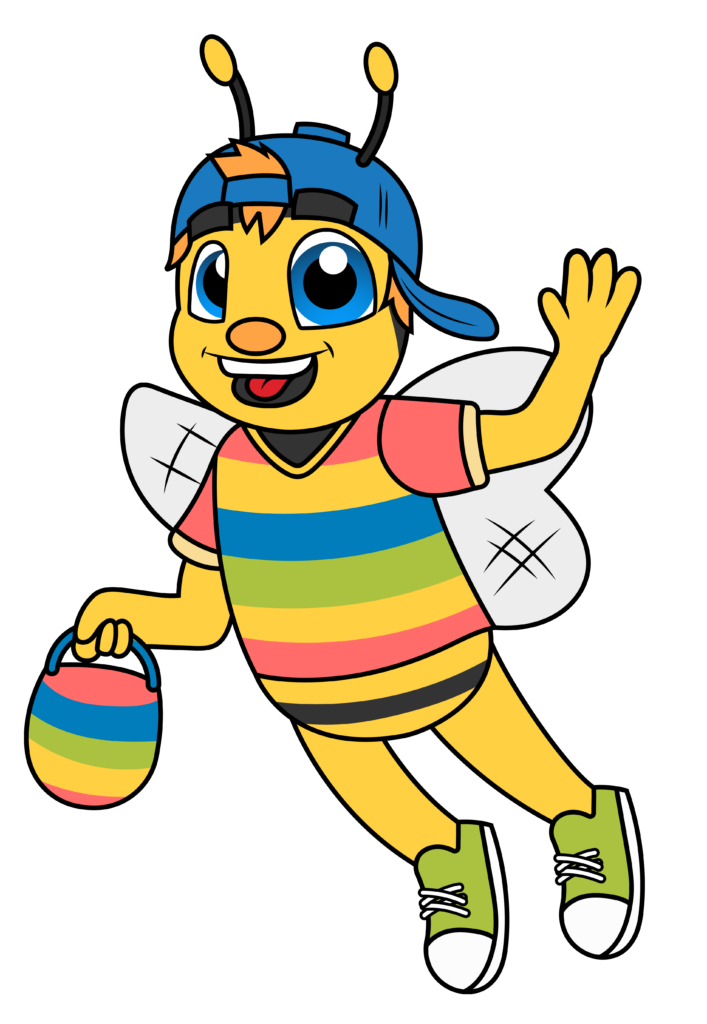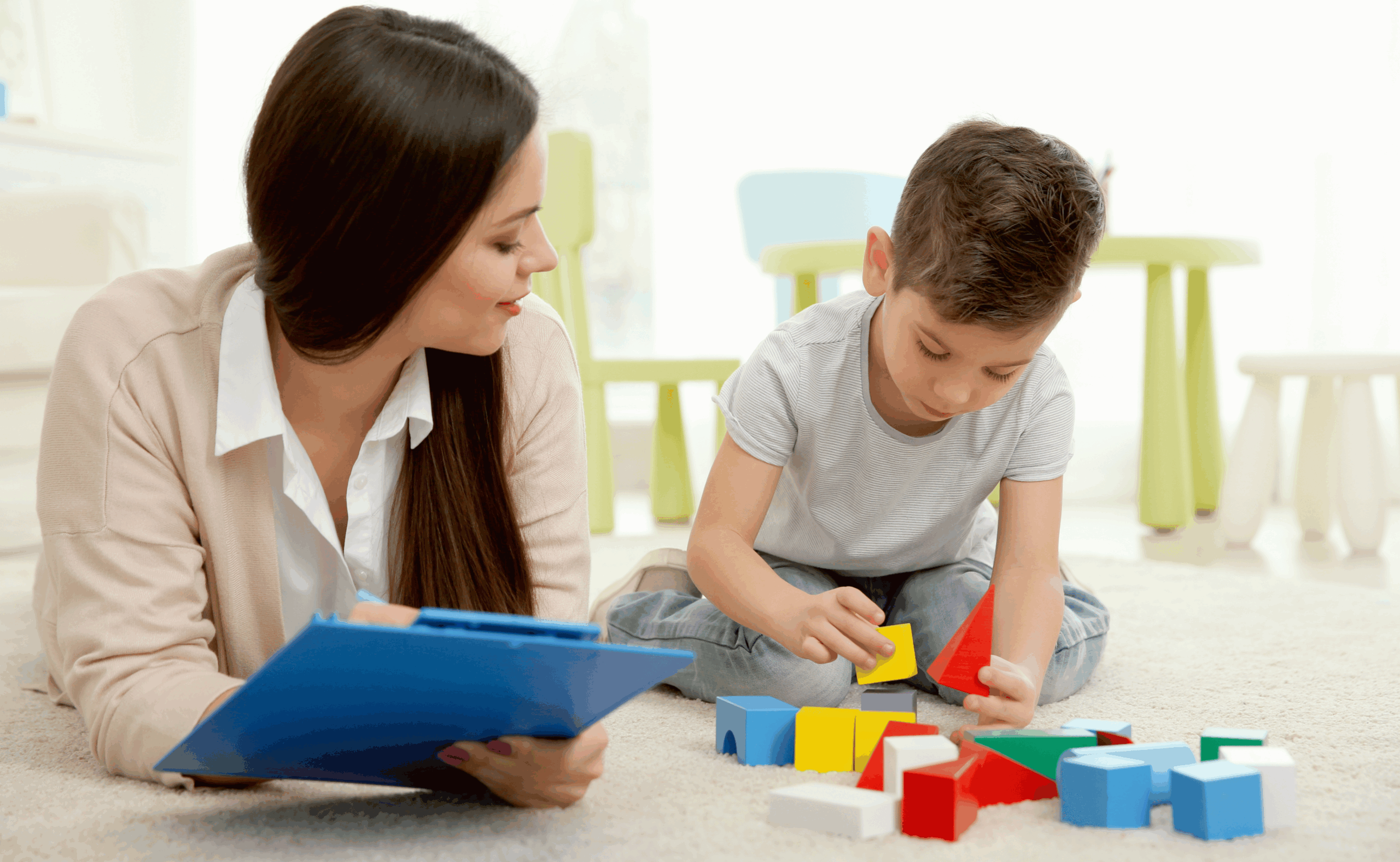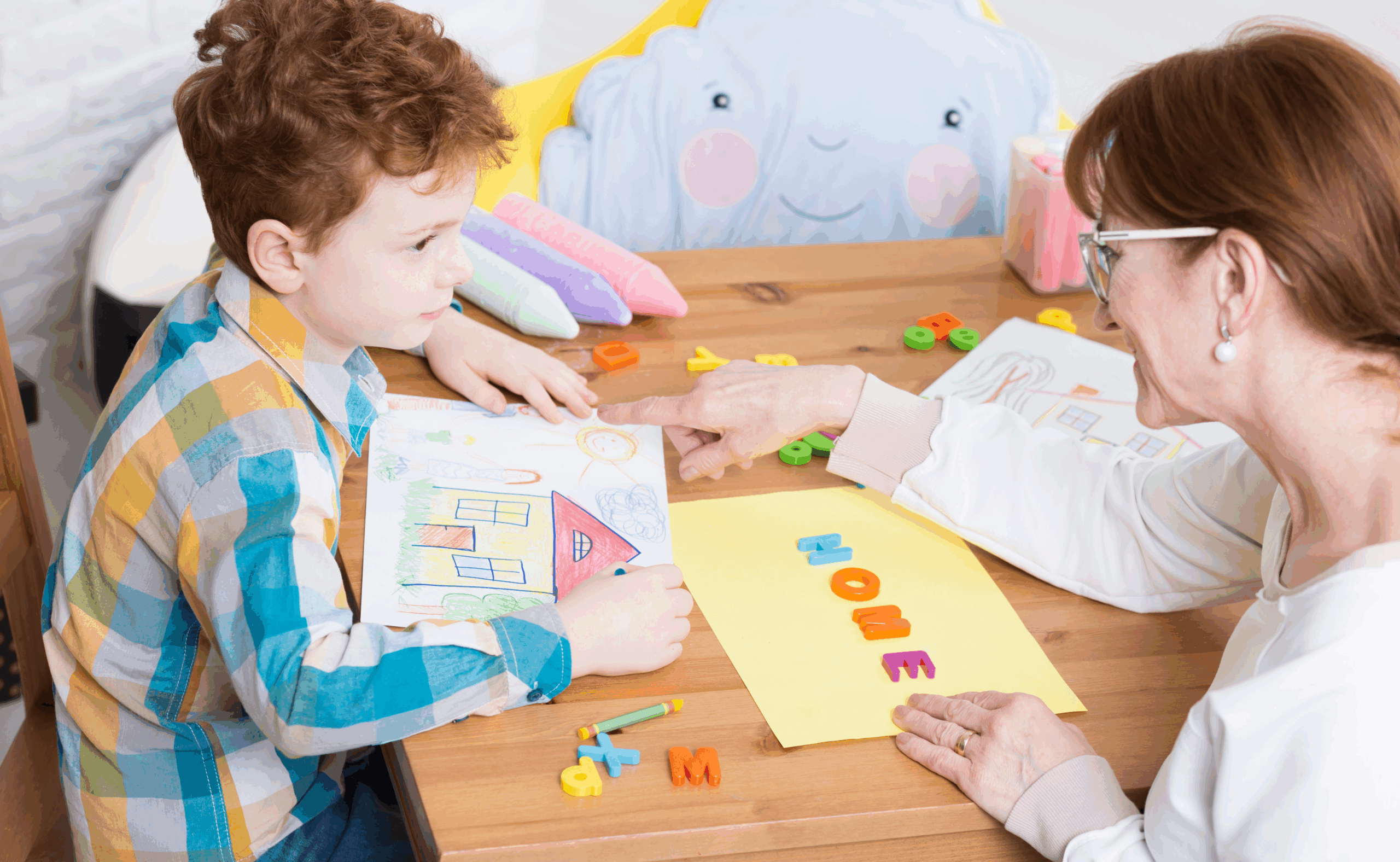In the United States, approximately 6.1 million children ages 2 to 17 had received a diagnosis of attention deficit hyperactivity disorder (ADHD) in 2016, according to the CDC (Centers for Disease Control and Prevention).
While it’s true that ADHD can be difficult to diagnose in children under the age of 5, it doesn’t mean that toddlers can’t suffer from this condition.
The key is to know the warning signs and how they might manifest in a child so young.
If you suspect that your little one could suffer from ADHD, the best course of action is to contact a pediatrician or a child psychiatrist for early diagnosis.
In the meantime, learn more about the symptoms, causes, and treatment options for attention deficit hyperactivity disorder in toddlers, preschool aged children, and school age children.
Let’s get started.
What is Attention Deficit Hyperactivity Disorder (ADHD)?
ADHD or attentiondeficit hyperactivity disorder is a condition that affects brain development and how the body regulates its attention. Most people with ADHD are hyperactive or impulsive, or both.
Almost everyone experiences hyperactivity or impulsivity at times, but for people with ADHD, these behaviors are more severe and occur more often.
Untreated ADHD can lead to significant problems at home and school and may even cause depression and anxiety in older children and adults.
What are ADHD symptoms in toddlers?
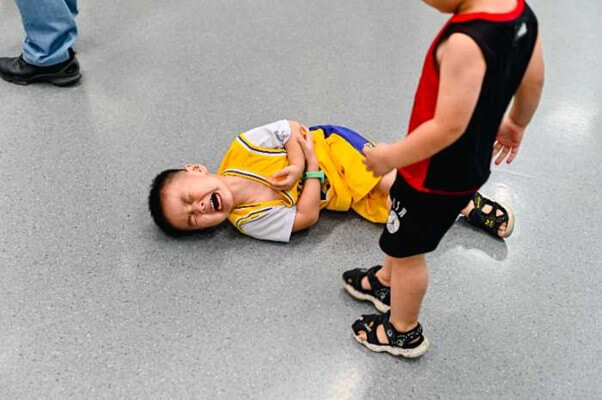
ADHD symptoms in toddlers are not as easy to identify as it is in older children, but there are some signs that parents should look out for:
Hyperactivity
This is one of the most common signs and may manifest as:
- Constantly moving and wiggling while seated, especially in social situations
- Running, climbing and other rambunctious activities at inappropriate times
- Being unable to play quietly for any length of time
- Sleep problems
- Difficulty sustaining attention
Impulsivity
A toddler with impulsivity usually acts without thinking about the consequences compared to children the same age.
Some common behaviors in younger children include:
- Saying or doing things without thinking, before the child has considered the appropriateness of their words or behavior
- Interrupting conversations, games, and activities
- Constantly making careless mistakes
- An inability to wait for his or her turn
- Extreme impatience
Poor judgment skills
A toddler with impulsivity may do things that put themselves or others at risk.
For example, they may run into the street without looking or climb onto a chair that is unsteady. They can also be prone to temper tantrums.
If your toddler shows signs of hyperactivity and impulsivity more often than not, it is likely that they have ADHD.
- However, keep in mind that this behavior can be a sign of other problems, too.
- For example, children with developmental delays or learning disabilities may also have hyperactivity and impulsivity problems.
- In other cases, it can simply be typical toddler behavior.
- Similar symptoms can also be seen in other mental disorders like oppositional defiant disorder and mood disorders.
If you are concerned about a behavior, discuss it with your child’s pediatrician.
Inattentive ADHD in Toddlers
Some toddlers with ADHD are not hyperactive or impulsive. Instead, they have an issue with inattentiveness.
The signs of inattentive ADHD in this age group are similar to that seen in adults and include:
- Having a short attention span for games, stories, and tasks
- Appearing not to listen when spoken to directly
- Frequently appearing to be distracted
- Low self-esteem
- A tendency to forget daily activities, such as forgetting toys, clothes, and belongings at home or school
- Toddlers with inattentive ADHD tend to daydream a lot
- They may also appear not to be listening when spoken to directly
This type of ADHD is more subtle but no less difficult for parents than hyperactivity or impulsivity.
A major reason is that children with inattentive ADHD can be more introverted and shy. Parents may struggle to get their child’s school and social life off the ground.
The parent-child connection itself can also suffer if a child is frequently in his or her own world, making it difficult to connect with parents, do chores, and follow rules.
ADHD in Boys vs. Girls
There are no gender differences in ADHD symptoms. Yet, many people still mistakenly think that boys are more likely to have ADHD.
This is because hyperactivity and impulsivity are often considered “boy only” behaviors like rough-and-tumble play, which can make it harder to tell the difference between typical behavior and ADHD in young children.
Unfortunately, this means that ADHD in little girls is often overlooked. In fact, girls with ADHD are three to four times more likely than boys to go undiagnosed until they are older.
Important Note
When it comes to ADHD, let go of your preconceptions and focus on the actual behavior of your child.
If you see signs of hyperactivity, impulsivity, or inattentiveness, no matter what the child’s gender is, talk to your pediatrician.
Can Toddlers Have Both Types of ADHD?
Yes, it is possible for a toddler to show signs of both types of ADHD: inattentive and hyperactive/impulsive. This combination is sometimes referred to as “combined ADHD.”
How is ADHD in Toddlers & Other Children Diagnosed?
There is no single medical test to diagnose ADHD at such a young age. The only way to know is through a clinical interview with the child’s pediatrician.
To diagnose the condition in children, most physicians refer to the American Psychiatric Association’s ADHD diagnosis guidelines in the official Diagnostic and Statistical Manual.
During this consultation, your child may be asked what he or she finds easy and difficult, along with how they are behaving at home, school, and socially. Your child’s doctor will also ask about any existing medical or mental health problems you may be aware of.
If the health care provider diagnosis determines ADHD, your toddler may be referred to a pediatric behavioral specialist for further evaluation.
How is Early Childhood ADHD Treated?
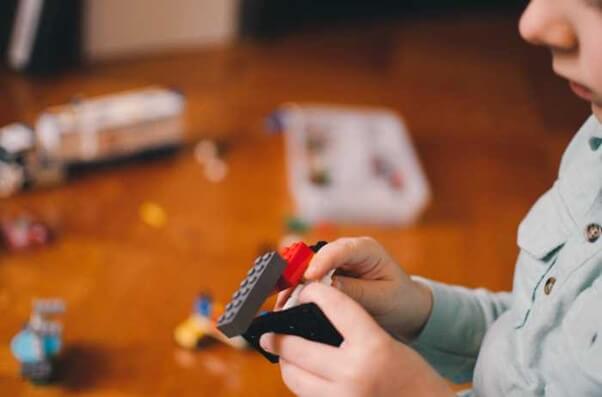
The treatment approach for toddlers depends on their individual needs and the severity of their symptoms.
In general, treating ADHD in toddlers is similar to the treatment used for children and adults:
Behavioral Therapy
Before starting a medication regimen, your pediatrician may first prescribe behavior therapy to see if it has the desired effect.
Behavioral pediatrics is often the first choice for treating ADHD in young children because it does not involve taking drugs.
A behavior therapist will work with you to develop an individualized behavior management plan for your child, including consequences for inappropriate behavior and rewards for good behavior.
They may also recommend:
- Cognitive Behavioral Therapy (CBT): The goal of CBT is to teach children how to recognize and change problematic behaviors.
- Family Therapy: If parents are struggling in their own relationship, therapy can help improve communication and strengthen the parent-child bond.
ADHD Medication Treatment
If behavior therapy doesn’t work, medication may be recommended for attention deficit disorder. There are two types of medications for ADHD in toddlers: stimulants and non-stimulants.
- Stimulant medications, such as Ritalin and Adderall, have been FDA-approved to treat ADHD in children ages 3 years and older. During a child’s first visit, the doctor will perform a physical exam to make sure the child isn’t having any negative side effects from these drugs.
- Non-stimulants, such as Strattera and Intuniv, are also available for treating attention deficit hyperactivity disorder ADHD. They’re an alternative for children who cannot take stimulants due to their side effects.
Once your child gets started on ADHD medication, it’s critical to monitor the effects closely with your pediatrician.
This will help you determine the right dosage and figure out if a change is needed.
Watch out for:
- weight loss
- stomach pain
- irritability and/or anxiousness
- mood changes
- trouble sleeping
- changes in blood pressure
- increased heart rate
- decreased appetite
If you are concerned about any of these symptoms, contact your pediatrician right away.
Home and Lifestyle Adjustments
The behavior of children with ADHD can be stressful for everyone involved. In addition to medication and therapy, making some home and lifestyle adjustments may help your child feel more fulfilled and less frustrated.
Below are a few tips to consider:
- Adjusting their sleep schedule
- Reorganizing the home to limit distractions
- Creating consistent, daily schedules
- Self-care, such as consistent meals and exercise routines
- Taking time to play or talk with your child sympathetically
Include your toddler in setting up these changes to make them feel included. Involve the rest of the family as well, plus make sure to discuss the changes with your child’s teacher and caregivers.
Related Read: How Can a Teacher Best Help My Child?
Can you prevent toddler ADHD?
No, and you shouldn’t try. Trying to “prevent” ADHD is actually damaging to your child by causing them undue stress. ADHD isn’t something you can control, and it won’t go away on its own.
It’s also not your fault as a parent. ADHD is caused by a variety of genetic and environmental factors that are beyond your control.
Instead, focus on helping your child. Understand their needs and address them to the best of your ability with help from professionals when needed.
The most important thing you can do is show your child that you’re there for them no matter what.
Helpful Resources for Parents of Toddlers with ADHD
As a parent, it can be difficult to know how to help your child with attention deficit hyperactivity disorder.
You may also feel like you’re in over your head. Here are some helpful resources that can guide you through this journey:
- National Resource Center on ADHD
- CDC’s Learn the Signs Campaign
- ADHD Resource Center
- YoungMinds.org
- ADDitude Magazine
You can also look for ADHD parenting support groups online or in your area.
Last, remember that you need to take care of yourself, too. Caring for a child with ADHD can be challenging and exhausting, and many parents forget to take time for themselves.
It’s okay to take a break, and it’s okay to ask for help.
The better you care for yourself, the better you’ll be able to care for your child.
Frequently Asked Questions
Can you detect ADHD in a 2 year old?
Not always, but it is possible. ADHD symptoms become more apparent as children get older.
That said, there are some symptoms that manifest in toddlers and preschool children with the disorder. For example, a child with ADHD might have trouble waiting, standing in line, or playing independently.
How do ADHD toddlers and preschool age children act?
It depends on the type of ADHD they have, but most toddlers with attention deficit hyperactivity disorder are unusually active.
They may also be very impulsive or easily distracted. It’s important to note that ADHD is a “spectrum” disorder, meaning everyone experiences it differently.
What are the 3 main symptoms of ADHD?
Inattention, hyperactivity, and impulsivity. These symptoms usually become worse as a child gets older.
What does ADHD look like in a 2 year old boy?
Just like in girls, early signs of ADHD in boys takes on different shapes and sizes.
Boys with attention deficit hyperactivity disorder can have trouble sitting still or focusing, but they may also act out impulsively or be unusually loud.
Can girls have attention deficit hyperactivity disorder?
Yes, girls can have ADHD too. Girls are no less likely to have ADHD than boys, and their symptoms can manifest themselves in very different ways.
Some girls may even be over-the-top energetic and have trouble focusing. Others might be quiet and withdrawn – it all depends on the child.
Final Thoughts
ADHD in toddlers is a genuine problem faced by children and their families. Luckily, most children with ADHD see positive improvements after going through the right treatment process.
Focus on empowering your child with coping strategies, a healthy routine, and loving support – all of which parents are uniquely equipped to provide.
Don’t hesitate to reach out for resources and take care of yourself along the way.

